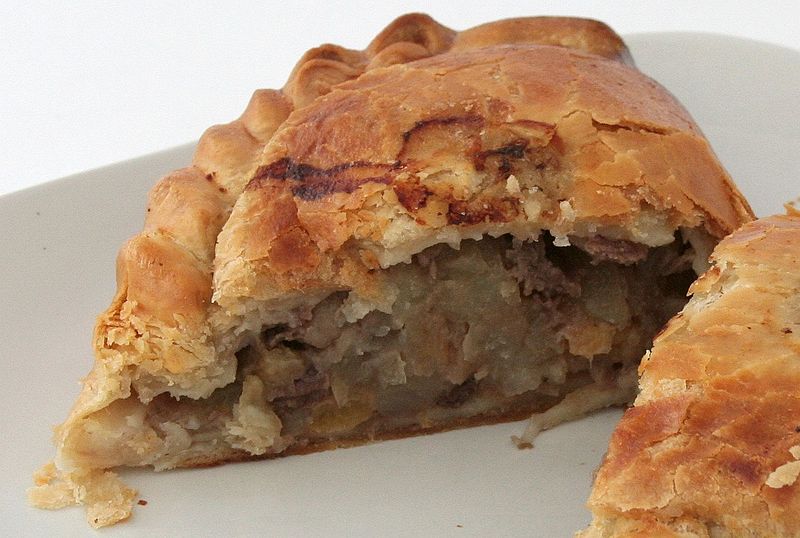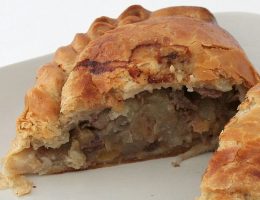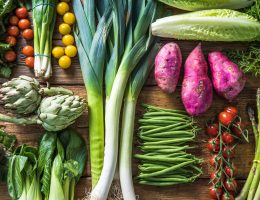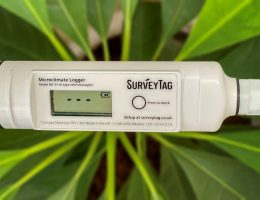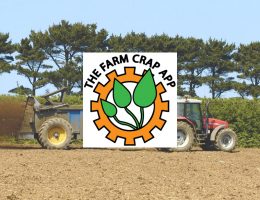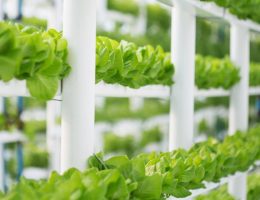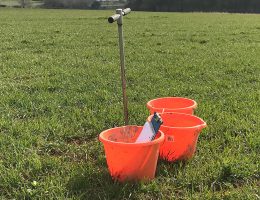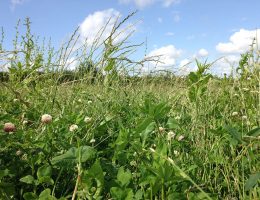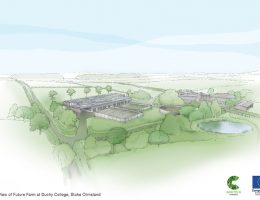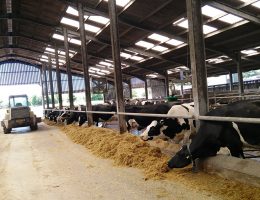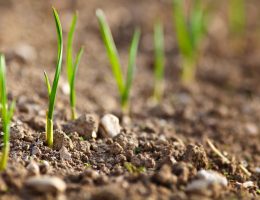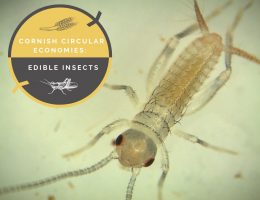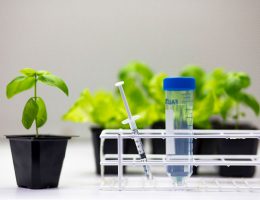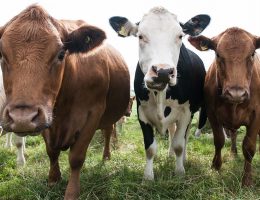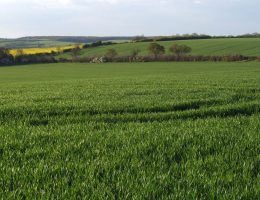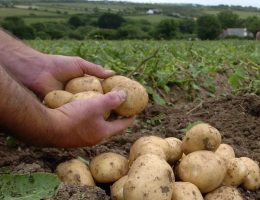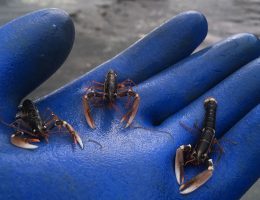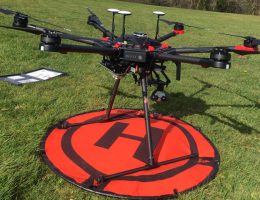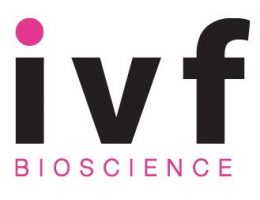Producing processed and manufactured foods is incredibly resource-intensive; it also accounts for a quarter of global greenhouse gas (GHG) emissions. Pressure is growing to reduce the industry’s emissions and other environmental impacts as well as its use of energy, land and water.
CLIP’s aim was to develop a tool to support these goals. It would do this using a life cycle assessment (LCA)-based approach to examine the entire food supply chain: quantifying and analysing where the ‘hotspots’ were for resource-use, carbon-output and waste-generation, and targeting them for intervention. (Those interventions might mean changing recipes, manufacturing techniques, management practices, or ingredient-sourcing, for example.) While larger food manufacturers can afford impact assessments like these, SMEs often can’t.
We wanted to work with pasty manufacturers in Cornwall to co-create the CLIP tool. Pasties generate around £300 million for the Cornish economy annually: 20% of the county’s total food and drink turnover. The tool we developed was pasty-specific but easily adaptable for use in other kinds of food production. For Cornwall, though, given this industry’s importance, the idea was to help it to achieve long-term sustainability, and to help Cornwall transition into a low-carbon, circular economy.
Brexit and Covid were significant obstacles. The former because businesses had difficulties with forecasting and staffing; the latter because efforts had to be focused on surviving rather than research. Also, staff furloughs, relying on virtual meetings, an inability to be physically present when trialling and demonstrating the tool, unavoidable delays in a Research Fellow being appointed: these factors materially affected this project and limited what we could achieve, especially as one key learning was that it’s easy to underestimate how long it can take to properly engage and co-create with businesses.
Despite this, two relatively large companies, Proper Cornish Ltd and Cornish Premier Pasties, did engage with us. They provided very useful input and both have benefitted from their involvement, mainly by understanding their products’ environmental impact and how it’s influenced by each stage of the supply chain. Proper Cornish said they “can continue to see an ultimate use for this data in the future”, which is encouraging. The project also demonstrated that the Cornish Pasty can have a smaller carbon footprint than other processed foods, and Cornish Premier Pasties agreed “it might be good for that to be more widely acknowledged.”
If you are interested, please do get in touch with us: V.Kouloumpis@exeter.ac.uk
(Image attribution: David Johnson [1] / CC BY-SA (http://creativecommons.org/licenses/by-sa/3.0/).

